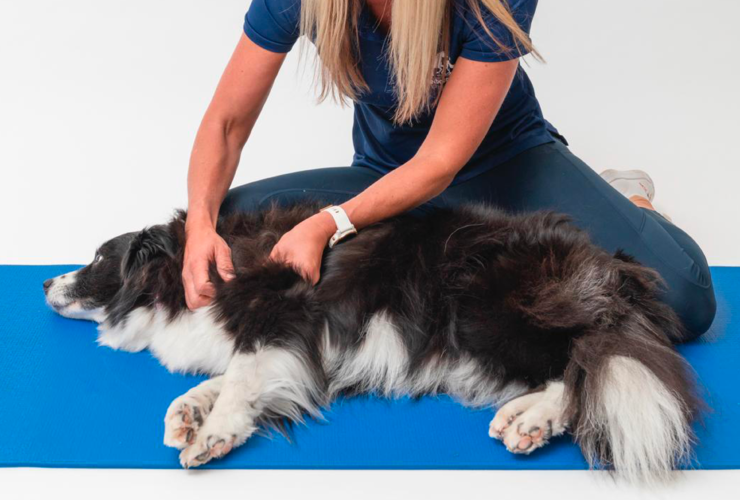
Has your dog been limping, slowing down on walks, or hesitant to jump into the car? Shoulder injuries are often overlooked in dogs, but one of the most common causes of front leg lameness — especially in active breeds — is a condition called Medial Shoulder Instability (MSI). At Melbourne Animal Physiotherapy, we see many dogs with MSI, and with…
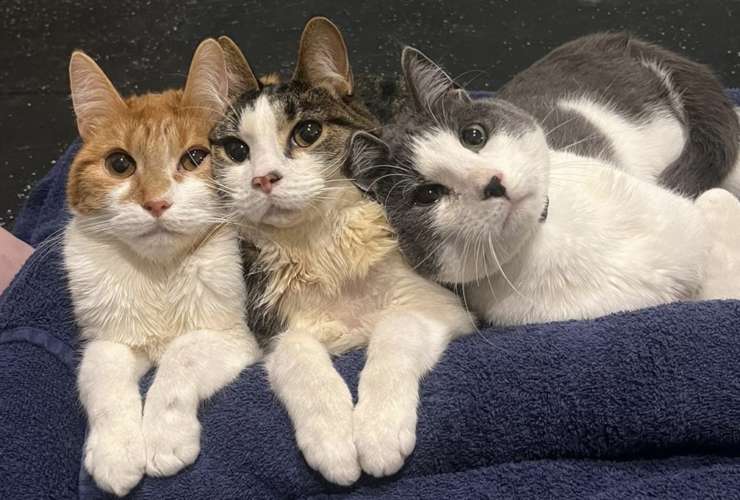
When people think of physiotherapy, they often imagine athletes or dogs recovering from surgery. But did you know cats can benefit from physiotherapy too? Cats are agile, graceful animals—but they’re not immune to injuries, arthritis, surgery recovery, or age-related stiffness. That’s where physiotherapy comes in. Tailored physiotherapy programs can significantly improve a cat’s mobility, comfort, and quality of life. What…
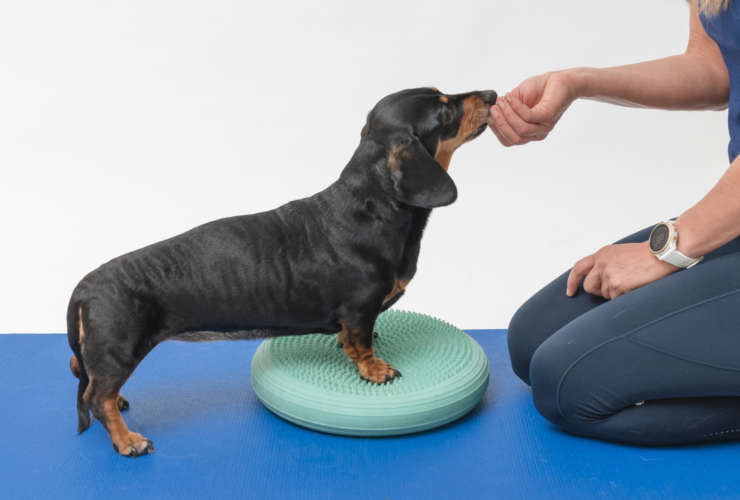
Conservative Management of IVDD in Dogs: Can They Walk Again Without Surgery? A close look at current research. BackgroundIntervertebral Disc Disease (IVDD) is the most common cause of sudden-onset paralysis in dogs, particularly in breeds like Dachshunds. Traditionally, surgery is the go-to treatment for nonambulatory dogs (those unable to walk), especially when they still have deep pain perception (DPP)—a strong…
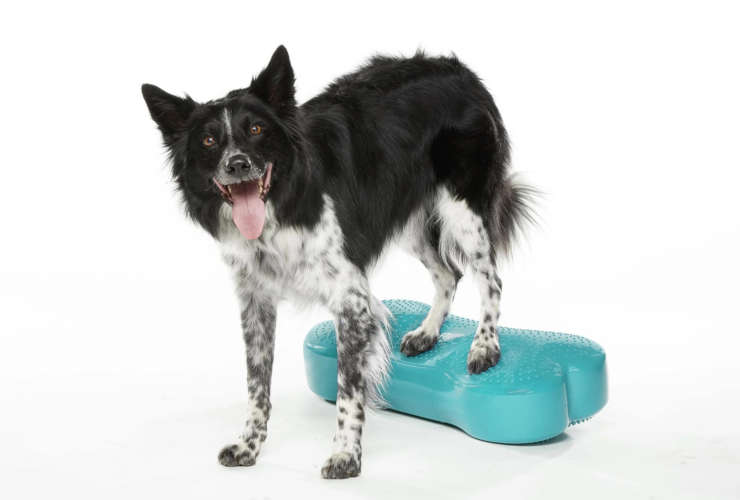
What is osteoarthritis? Osteoarthritis (OA) occurs when there is inflammation, breakdown of cartilage and the production of extra bone in joints. This leads to pain and decreased range of motion. OA can affect most joints in the body, but the most commonly affected joints are the hips, elbows, knees, lower back and wrists. What causes OA in dogs? OA is…
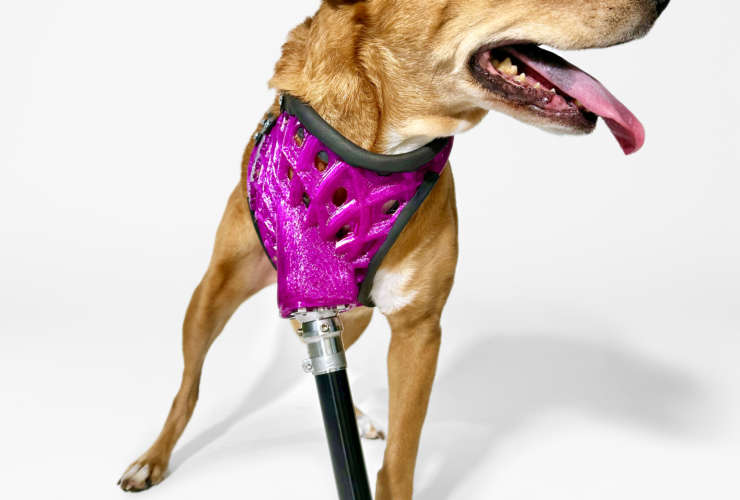
Revolutionizing Animal Mobility: How 3D-Printed Prosthetics Are Changing Pet Rehabilitation For pet owners and veterinary professionals alike, the sight of an animal struggling with mobility issues can be heartbreaking. Fortunately, advancements in technology are paving the way for new solutions that restore independence and improve quality of life. One of the most exciting innovations in the field of animal physiotherapy…
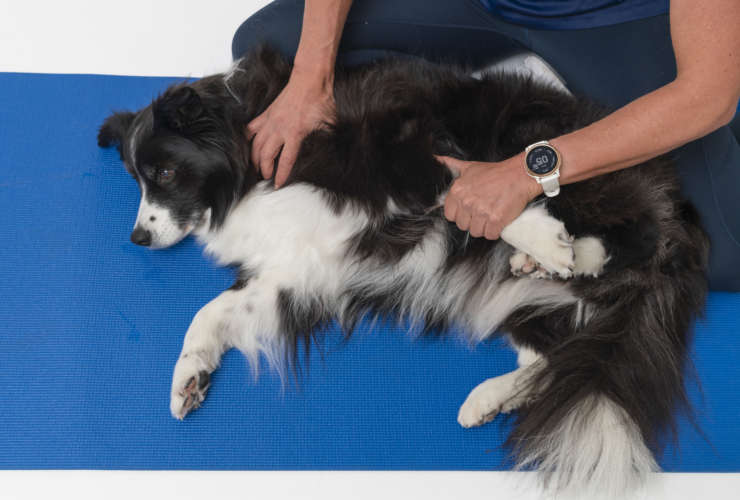
Becoming an animal physiotherapist in Australia involves specific educational, certification, and practical requirements. The title “Physiotherapy” is a protected title in Australia, meaning only human physiotherapists are allowed to call themselves Physiotherapists. Here’s a general guide on how to pursue this career path: 1. Educational Requirements Undergraduate Degree: Start by obtaining a relevant undergraduate degree in Human Physiotherapy. Postgraduate Study:…
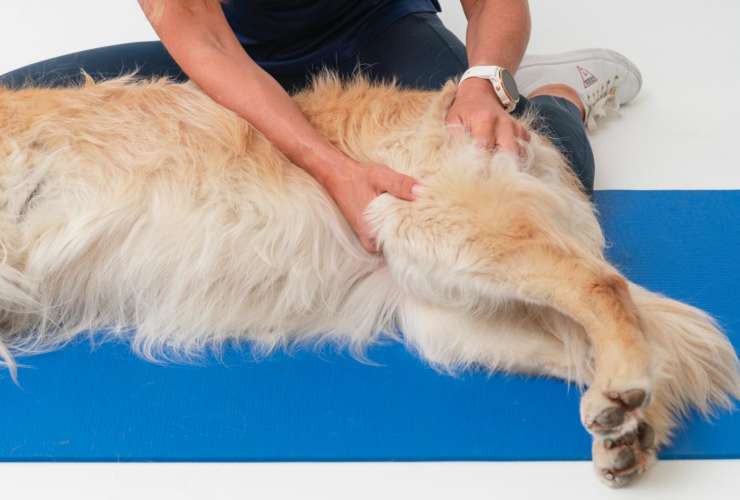
What is Patella Luxation? The knee joint connects the femur, (thighbone) and the tibia (shinbone). The patella (kneecap) is normally located in a groove called the trochlear groove, found at the end of the femur. The term luxating means out of place or dislocated. Therefore, a luxating patella is a kneecap that ‘pops out’ or moves out of its normal…
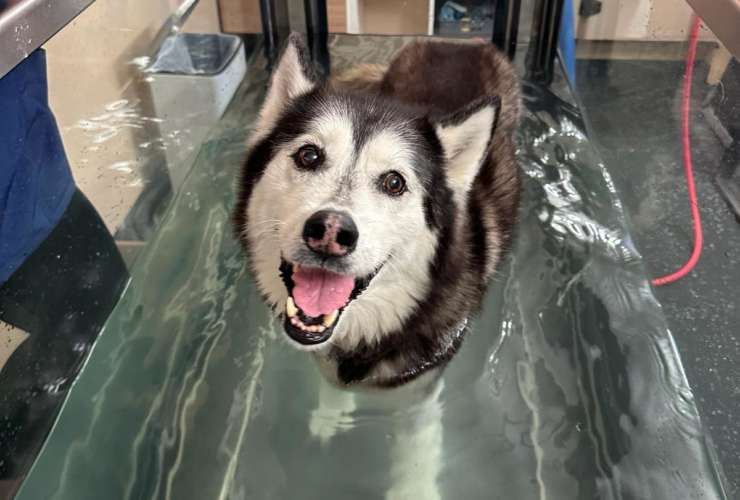
We are pleased to offer our small group hydrotherapy course, hosted within our beautifully renovated animal rehabilitation clinic in Kensington. Our courses aim to provide face to face exposure into the world of small animal hydrotherapy. There is no pre-requisite to join our courses, and you will receive a thorough understanding of many aspects relating to working with small animals.…
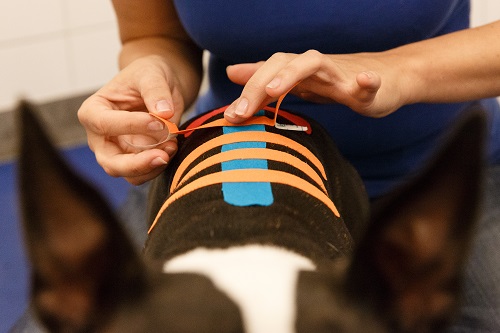
Medical Taping for dogs – What is it and how can it help your pet? You may have seen your favourite sports person running around with bright coloured taping around a joint. Did you know the tape itself does more than just support and you can get this for your pet? Kinesiology is the study of movement, kinesiology taping utilises…
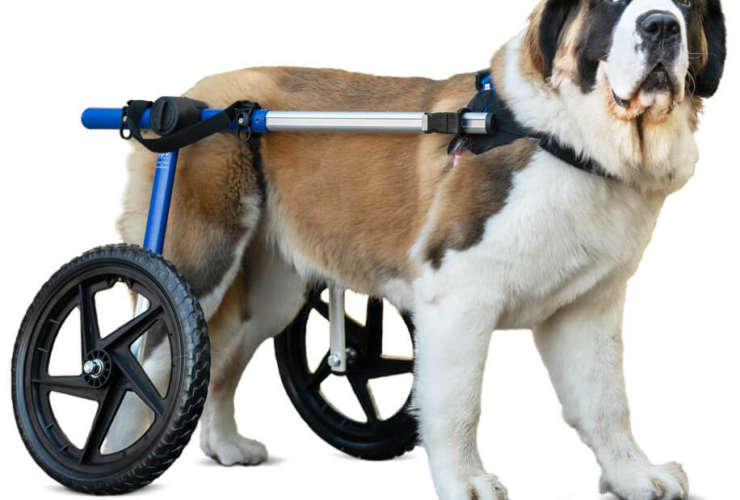
At MAP, we are excited to announce the commencement of our Walking Wheels Wheelchair rental program. Various conditions, such as IVDD, hip dysplasia, degenerative myelopathy, arthritis, amputation, or post-surgery, can make it challenging for your pet to walk independently. It’s ideal to collaborate with our therapists to determine the best plan, which may involve the use of supportive wheels. We…
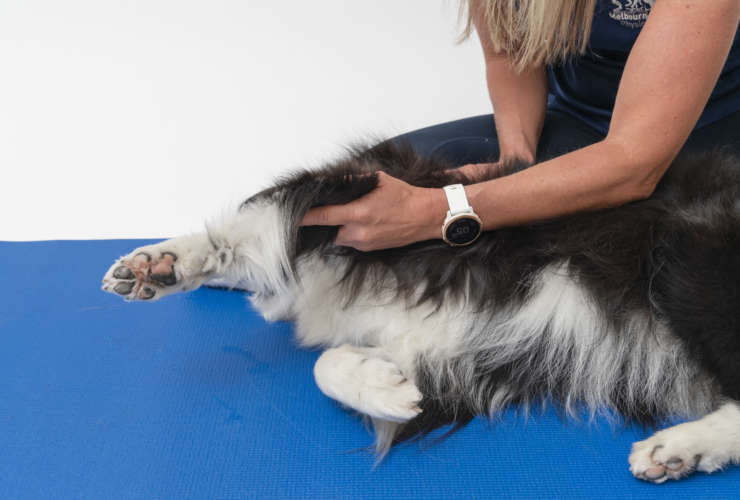
What is elbow dysplasia? Elbow dysplasia is a general term that covers a range of different anatomical positions that the elbow may be in. Elbow dysplasia occurs when there is an abnormality in the elbow joint. It is like hip dysplasia in that it is caused by growth abnormalities; however, it only affects the forelimbs. While elbow dysplasia can affect…
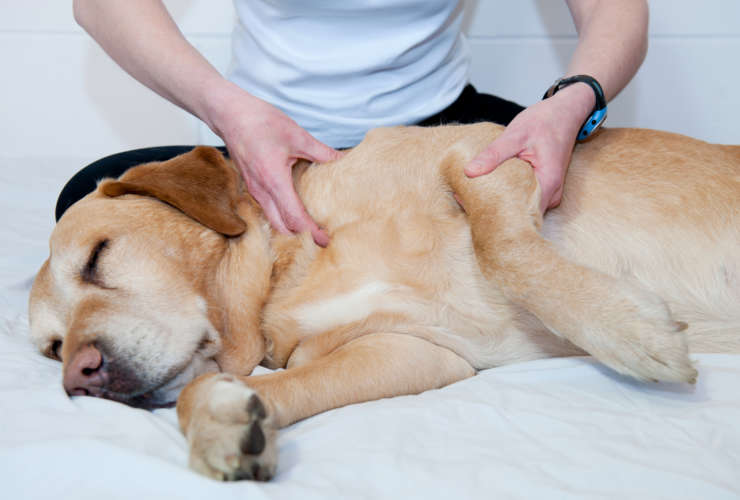
10 Tips for Taking Care of a Senior Dog Simple ways to keep your aging dog healthy and happy. Seeing your dog reach seniorhood is a blessing, even if can be difficult to witness them start to slow down a little. When your dog officially reaches senior status will depend on their size and genetics. Large breed dogs are considered…
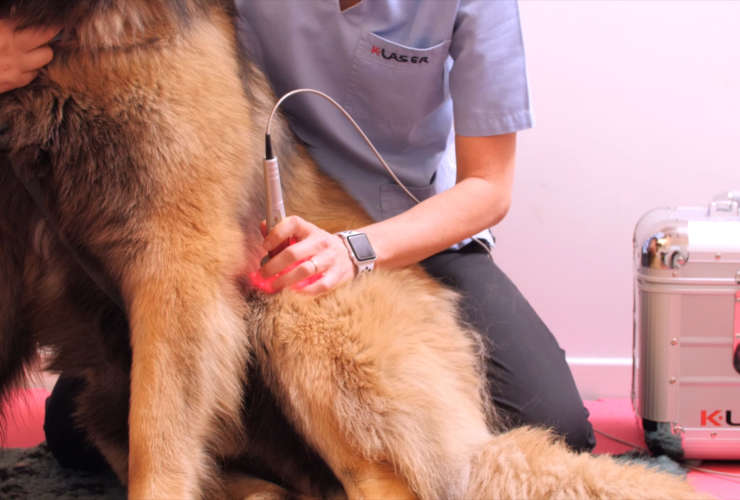
We are very excited to announce that we offer class IV laser therapy at MAP, the highest quality laser in the industry. K-LASER therapy does not treat conditions, it stimulates the body’s inherent healing mechanisms via a process called photobiomodulation. Through a combination of different wavelengths, power and frequency of laser light, K-LASER is able to achieve improved healing times,…
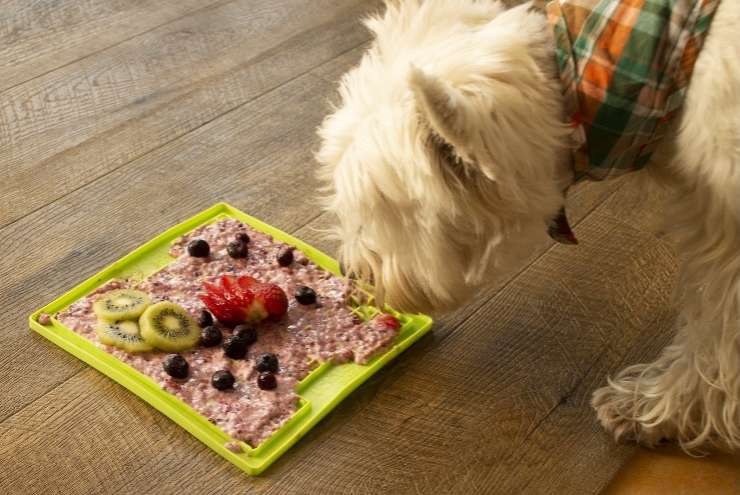
If your dog is unable to go for a walk for health reasons or they’re only allowed out on short walks, there are still lots of things you can do inside the home to tire your dog out and keep them mentally stimulated. Interacting with your dog a few times through the day can stop them from making up their…
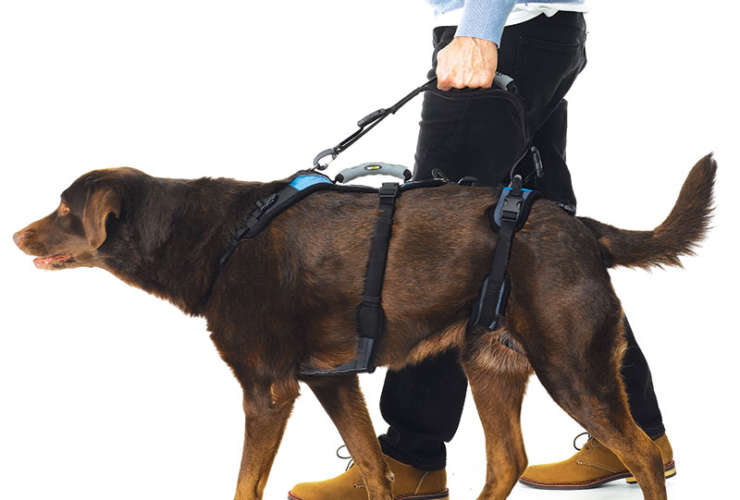
Degenerative Myelopathy in dogs is among the biggest diseases impacting pet mobility. However, an awareness of the disease and its progression can help prepare you and your pet for what’s to come. Dogs with DM will experience progressive mobility loss over many months, to years. It affects the spinal cord, thereby impacting rear leg strength. As the disease progresses, the…
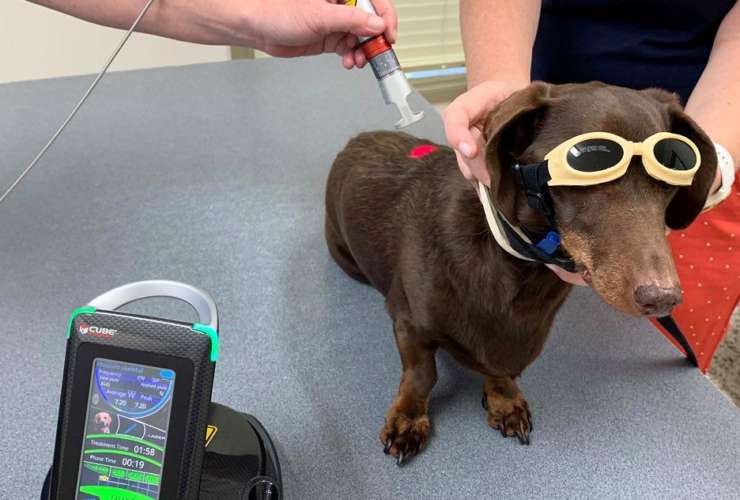
Whether your dog has surgery or not, your dog will benefit from rehabilitation by a qualified animal physiotherapist. Services are usually available by referral from your own vet or surgeon, but are not essential. You may commence physio therapy at any stage in the recovery, as the treatment is tailored to the individual. Canine physiotherapy consists of a thorough evaluation…
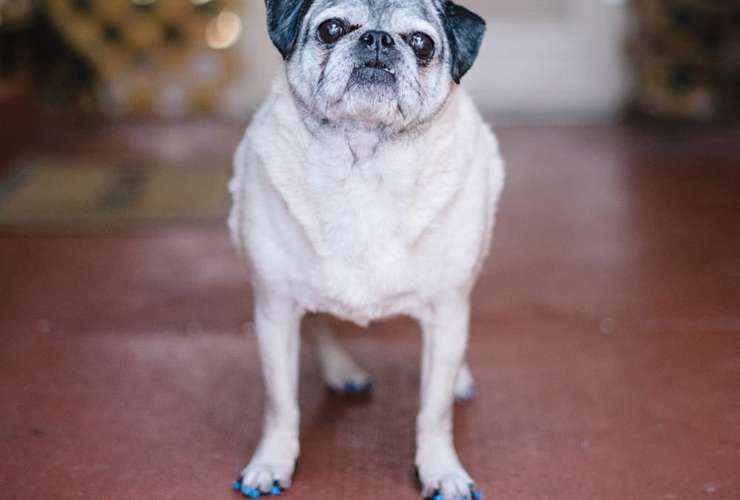
We understand how heartbreaking it is to see your senior, arthritic, or special needs dog slipping on hardwood floors, smooth surfaces, or stairs. But hope and help are here. Dr. Buzby’s ToeGrips® dog nail grips help improve your dog’s life by increasing the anti-slip traction needed to walk on slippery surfaces. WHAT ARE TOEGRIPS? If your dog can walk on…
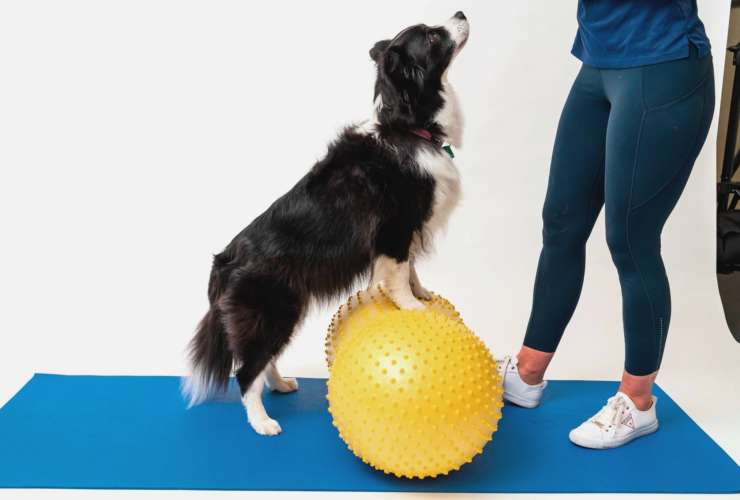
As Animal Physiotherapists, we are constantly managing injuries in our beloved furry companions. A big passion of ours is to help educate on the best way of avoiding injuries. As humans, we strive to maintain a healthy lifestyle, eat well, exercise and enjoy a balanced lifestyle. This is exactly what we would love all the dogs of the world to…

Hip dysplasia in Dogs is a disease of the hip in which the ball and socket joint is malformed. This malformation means that the ball portion and its socket don’t properly meet one another, resulting in a joint that rubs and grinds instead of sliding smoothly. This can eventually cause crippling lameness and painful arthritis of the joints. It is a genetic…
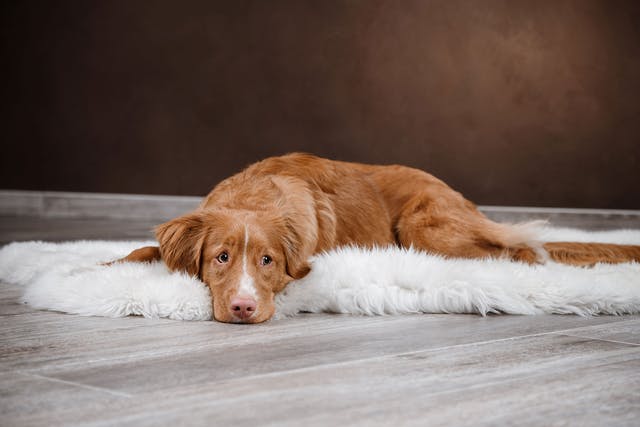
As a non-surgical disease of the spinal cord, rehabilitation has a huge role to play in managing dogs diagnosed with FCE. Following diagnosis one of our animal physios will assess your dog and design a treatment plan unique for them. Maintenance of physical function and prevention of secondary compensatory changes is vital to your dog making good progress throughout the rehabilitation…
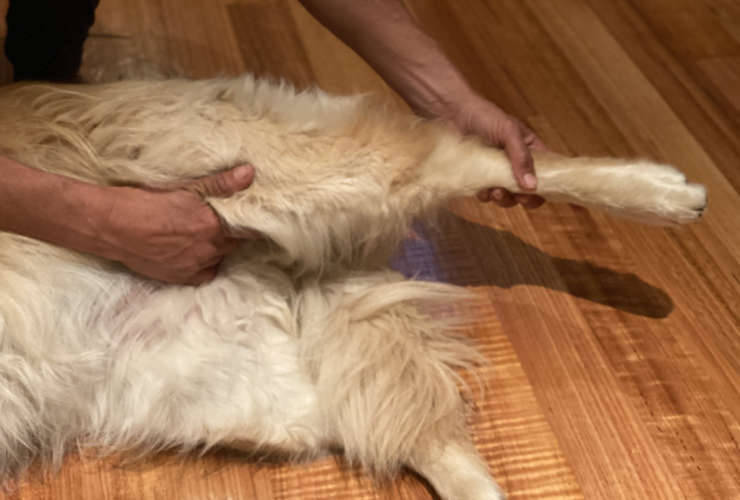
Does your dog have noisy knees? Or do you? Do you notice some popping, snapping, catching, clicking, crunching, grinding, grating or clunking at the knee? It may be an issue or may not, Here we dive into the most common causes of knee noise. In order to differentiate between physiological and pathological causes of knee noise, the presence of swelling…
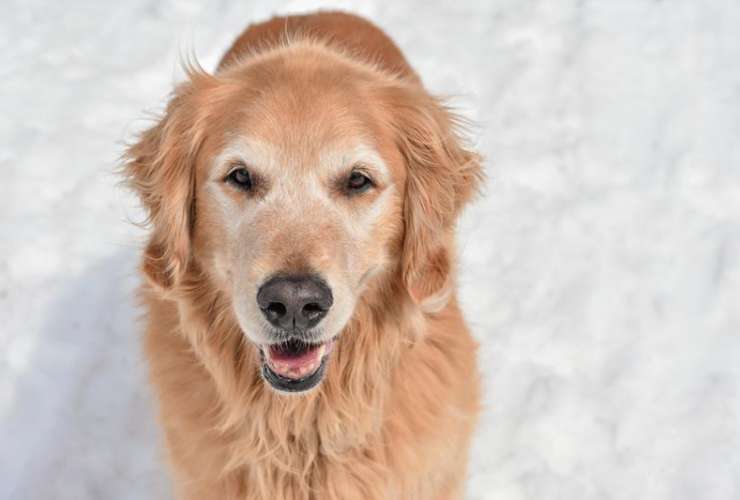
I write this blog as it is something I am experiencing firsthand with our beloved Goldie, Butterscotch as she enters the later stages of her life and begins to slow down. As our senior dogs begin to age, they tend to sleep more and have much less stamina on walks. It can be very easy to simply let them become…
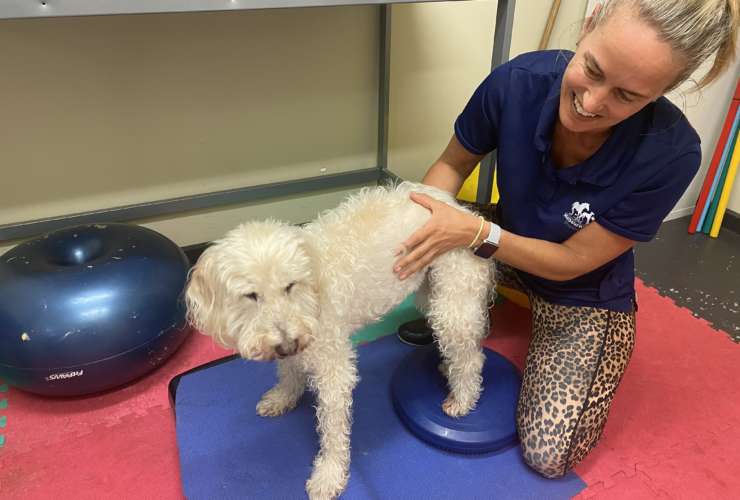
Of all the conditions we see at Melbourne Animal Physiotherapy, the most common orthopedic condition would be CCL rupture or cranial cruciate ligament rupture. This is commonly understood as ACL, or Anterior cruciate ligament rupture, in humans, but due to the terminology of the dog, it is called CCL. The most common presentation of CCL rupture is after a quick…
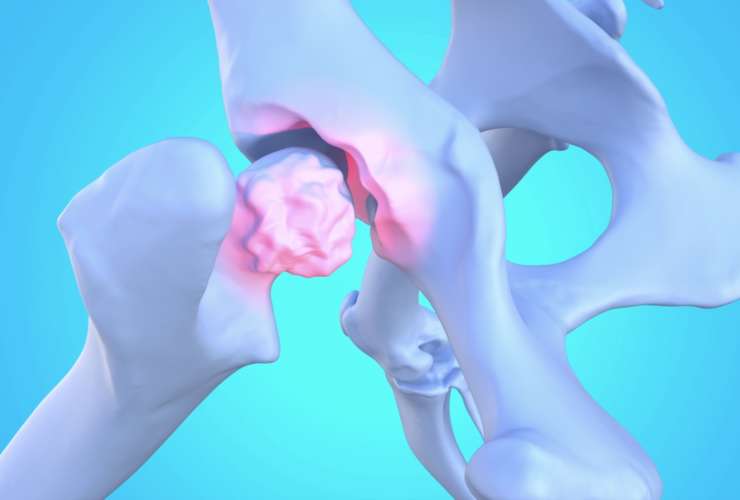
Does your dog experience difficulty getting up, tires easily or seems stiff? Arthritis may be the cause. The most common form is osteoarthritis, resulting in degeneration of the joints. Osteoarthritis occurs when the cartilage protecting the bones of the joint is destroyed. The joint loses its cushion, causing friction between bones, leading to pain and decreased mobility in affected joints.…
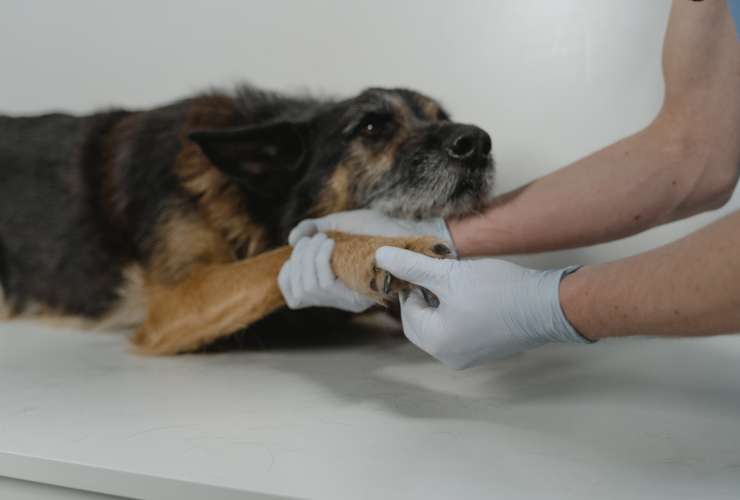
Animal Physiotherapists work in consultation with veterinarians to give your pet the best chance of recovery from injury and/or surgery. After discussing the case with the vet, the physiotherapist performs a thorough assessment and formulates an individual physiotherapy program for the animal. You are given a home exercise program which you are taught to do completely prior to leaving the…
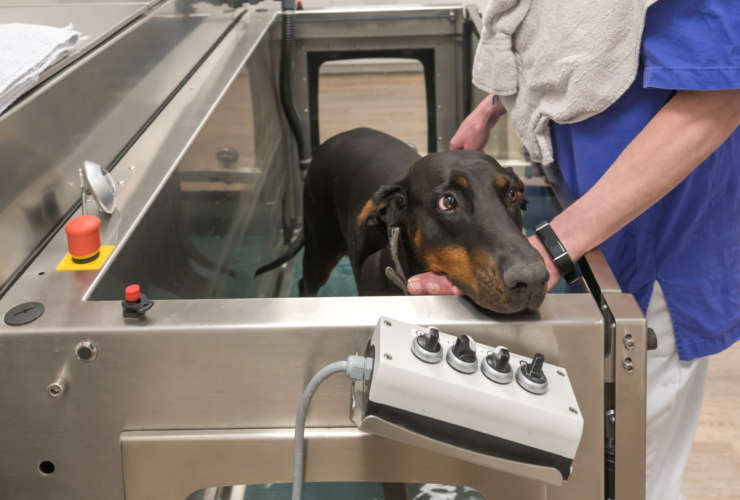
Hydrotherapy for dogs has become increasingly popular over recent years. Humans have known for millennia the healing properties of water for injuries and aching joints. It has become more well known for animals initially by way of the horse racing industry, revealing the conditioning and healing benefits of allowing horses to walk in the water, the practice was soon adopted…
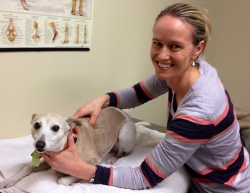
I became a physiotherapist in 2001, after graduating with honors from Melbourne University. I immediately commenced work in a private practice close to home, and still love helping clients with a wide range of injuries, especially care through the perinatal period, and pelvic health physiotherapy.
